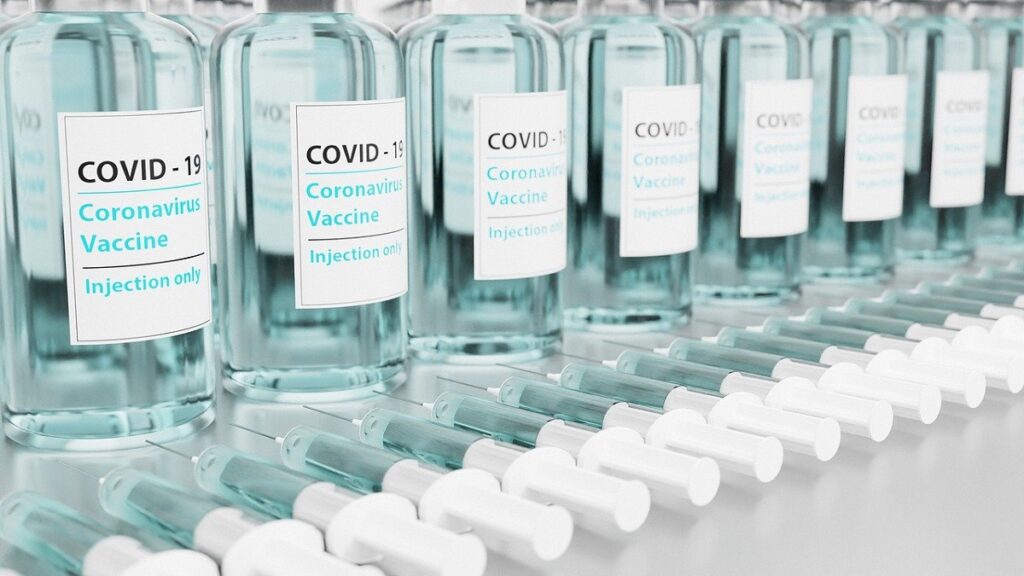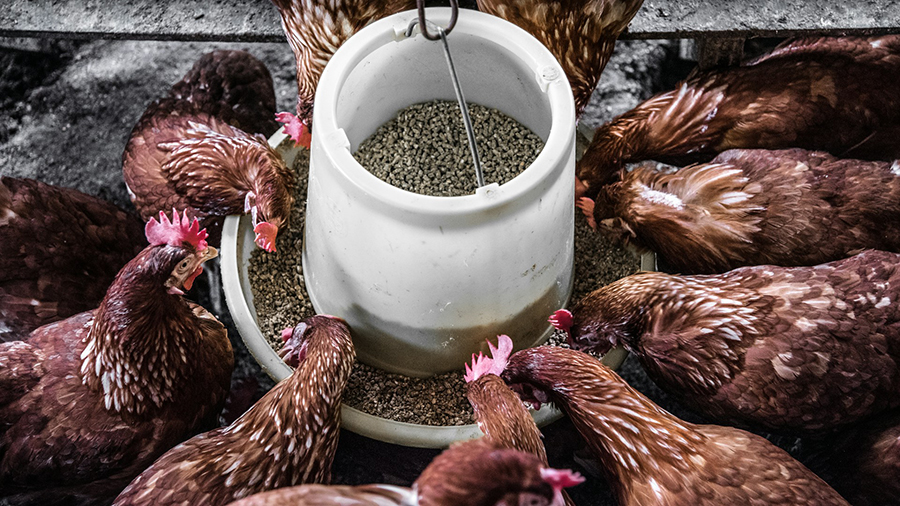The Biotechnology Innovation Organization (BIO), the Developing Countries Vaccine Manufacturers Network (DCVMN), and the International Federation of Pharmaceutical Manufacturers & Associations (IFPMA) announced a proposal on Sunday that would help countries to implement the Berlin Declaration—an industry agreement to ensure equitable vaccine access for future pandemics.
The three trade bodies “representing vaccines innovators and manufacturers” offer “a practical solution” aimed at ensuring that “new vaccines developed for future pandemics will reach priority vulnerable populations wherever they live, and as rapidly as possible,” the announcement said. The announcement came at the close of the meeting “Global Equity & Timely Access: COVID-19 and Beyond” in India last week.
“Specifically, the proposal offers to reserve a real-time allocation of vaccines production for vulnerable populations in lower-income countries,” according to a press release from the three organizations. “The three trade bodies invite the G7, G20, as well as multilateral organizations and other decision-makers to accept this practical solution and include it in their future pandemic preparedness response plans, whilst impressing upon governments that for the proposal to succeed the health systems in lower-income countries need to be better prepared to absorb and deliver vaccines and treatments, while high income countries need to provide the necessary political and financial support.”
The Berlin Declaration
The proposal is designed to help carry out the Berlin Declaration, which was launched in July and provides the biopharmaceutical industry’s vision for equitable access. It has three goals:
- Drive innovation in advance of the next pandemic. The biopharmaceutical industry will work “with regulators and other stakeholders to establish streamlined approaches to develop and deliver new quality, safe and effective vaccines, and treatments even faster in the future.”
- Aim for faster manufacturing scale-up for high-volume global supply. This requires “unrestricted trade and no export bans across the [vaccines, treatments, and diagnostics] supply chain and expedited processes for import and export during a pandemic.”
- Plan ahead for affirmative equitable access and delivery of pandemic products, including defining and rapidly updating priority populations and pandemic “standard of care” clinical guidelines, as well as setting up “strong, fully funded international procurement mechanisms” for lower-income countries, without restrictive clauses.
Removing obstacles to vaccine sharing
The Berlin Declaration and efforts to put it in place carry forward industry efforts at sharing essential treatments. We already saw the benefit of these efforts, which helped to ensure wide distribution of COVID-19 vaccines to lower-income countries, as Bio.News has reported.
Thanks to over 350 business partnerships, including voluntary licensing agreements and technology transfer, 1 billion of the nearly 16 billion COVID vaccines produced to date were specifically directed to COVAX for distribution to lower-income countries, Bio.News reported.
As the three bodies who ”worked closely to bring solutions to the COVID-19 pandemic” stressed in their announcement, “without robust pandemic plans to deliver pandemic vaccines, treatments, and diagnostics and care to populations in all countries, as well as the ability to export vaccines from where they are made, attempts to improve equity will falter.”
They invited the G7, G20, multilateral organizations, and other decision-makers to include the Berlin Declaration in their future pandemic preparedness response plans.




